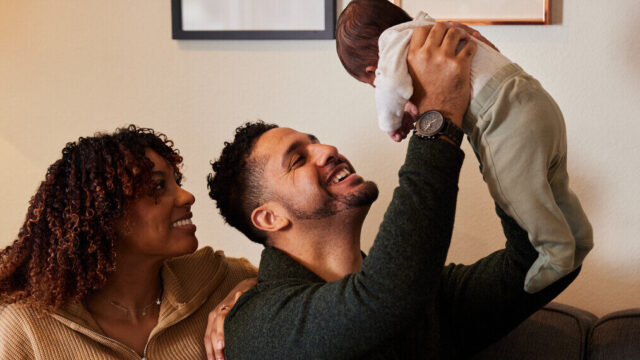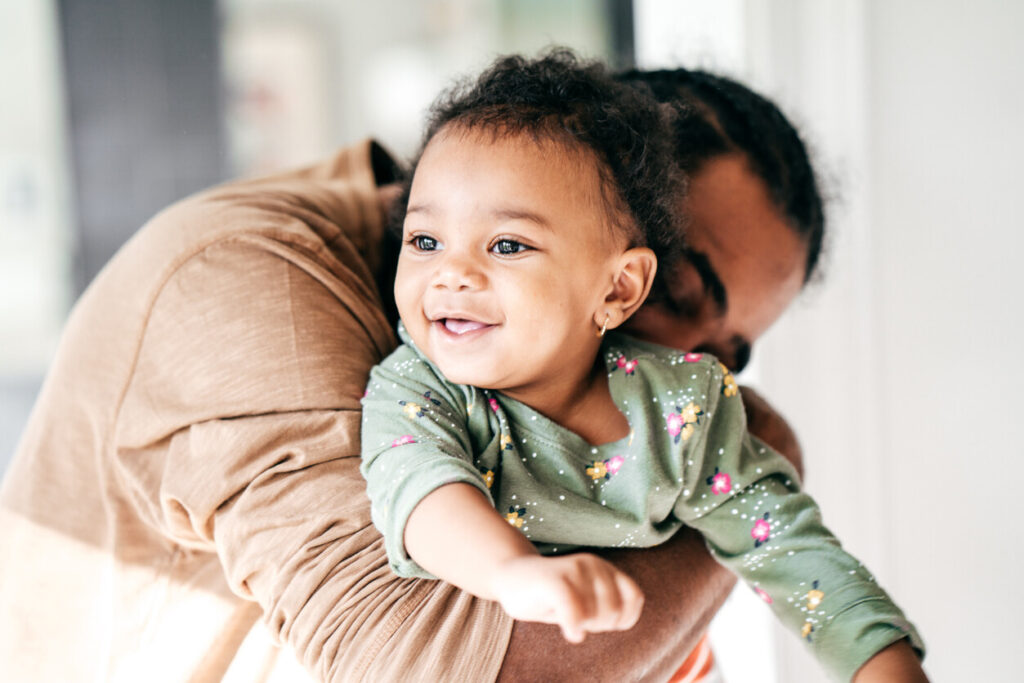Partnerships and Engagements

The Center engages with partners within the United States and globally to connect our work to conversations and opportunities across sectors that have implications for young children and their caregivers. This takes many forms but always serves a common goal of mobilizing more science-informed action that supports changes in policy, practice, and funding approaches aimed at creating healthy developmental environments for all children, particularly those from marginalized groups.
We work with partners who bring complementary knowledge and expertise, including lived experience and community-based perspectives, to work toward science-informed strategies and solutions. This includes a wide array of activities, ranging from designing learning engagements to convening key stakeholders to serving as a science resource in various settings. We also work with partners to develop and collaborate on communications strategies to bring timely science and related perspectives to key audiences.
Current Projects and Initiatives
Supporting Science-Informed Policy
The Center collaborates with a range of partners to support efforts to bring science into policy discussions. We work together to identify specific opportunities for presentations, workshops, or other engagements based on local contextual knowledge. Our role in these engagements is adaptive and responsive, ranging from convening processes to designing learning engagements to serving as a science resource. Through these engagements, we seek to bring together lived experience with science related to early child development to inform solutions.
Find examples of recent work in Supporting Science-Informed Policy.
Connecting Science + Community (CSC) : Founding Director’s Portfolio
After 18 years as the Center’s Founding Director, Dr. Jack Shonkoff stepped down in July 2024 to build an independent portfolio focused on increasing the effectiveness of current early childhood policies and programs. CSC’s strategy is to align the leading edges of early childhood science and new measures, direct services for children and families, and place-based initiatives. This quest for breakthrough impacts on both health and development is driven by the need for greater attention to how children respond differently to their environments, and a recognition that community-led, place-based investments are a critical missing piece in early childhood policy. CSC is committed to celebrating the positive effects of best practices across sectors, embracing constructive dissatisfaction with the status quo, and setting a higher bar for success as the sign of a dynamic and healthy field.
Read more about Jack Shonkoff’s current work.
Communicating the Connections Between Climate Change and Early Childhood
The Center, in collaboration with the FrameWorks Institute and the Center for Climate, Health, and the Global Environment at the Harvard T.H. Chan School of Public Health (Harvard Chan C-CHANGE), has launched a research project designed to investigate the most effective strategies for communicating about the many ways climate change is affecting early childhood development (ECD). By leveraging the latest science and the diverse expertise of a multidisciplinary advisory board, the goal is to develop science-informed, evidence-based framing and narrative strategies that can be used broadly by actors working at the intersection of climate change and ECD to expand understanding of this topic and build critical demand for policies and interventions that support early development and lifelong health in the context of a changing climate.
Read more about Communicating the Connections Between Climate Change and Early Childhood.
Learning and Engagement to Advance Development (ECD LEAD)
The Center has designed this 10-week remote capacity-building experience for policymakers and other public leaders from the public, private, and third sectors in Latin America with support from the LEGO Foundation and invaluable input from local partners—United Way and Universidad de los Andes (Colombia); Pacto por la Primera Infancia (Mexico); and Dinámica, Centro de Desarrollo Profesional and Universidad del Pacífico (Peru). Delivered in the spring of 2022, 2023, and 2024, the program aims to strengthen a network of champions for early child development who have the knowledge, skills, and motivation to apply scientific insights to advance their local ECD agendas.
Read more about ECD LEAD.
Pediatric Innovation Initiative
Launched in 2015, the Pediatric Innovation Initiative (PII) is a collaborative effort between community leaders, parents, health care providers, and scientists. The PII aims to develop new ways to measure stress and resilience in young children to empower parents, providers, and communities to support child health. Initially, the group focused on creating a measure of stress activation and resilience that could be used to evaluate individual children during primary health care office visits. This vision has since expanded, and the measures are now being explored as potential community health indicators.
Read more about the Pediatric Innovation Initiative.
National Collaborative for Infants and Toddlers
The Center is an active member of the National Collaborative for Infants and Toddlers (NCIT), which works to bring together organizations and individuals across the United States who want to improve the health and well-being of infants, toddlers, their families, and caregivers. The Center participates in the NCIT’s subcommittees for Communications and Policy Research and brings relevant science to support the efforts and activities of NCIT and its members.
Find more information about the NCIT.
